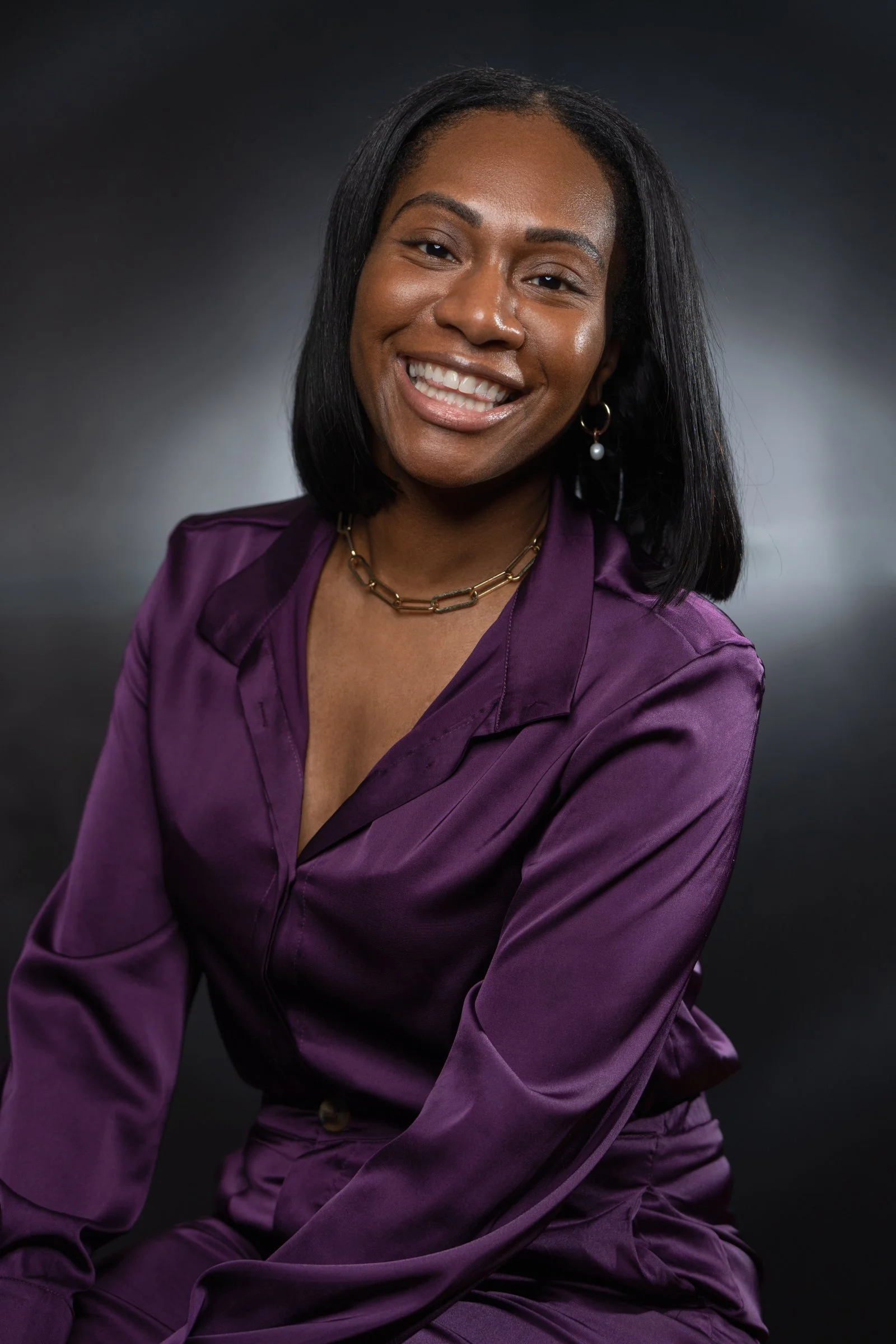How Adriane V. Jefferson Is Reshaping Atlanta’s Cultural Landscape With Equity and Community
Adriane V. Jefferson, Atlanta’s newly appointed Executive Director of the Mayor’s Office of Cultural Affairs, is bringing both a broad, global vision and deep-rooted passion to her role. Since being hired in February, she has embarked on a mission to elevate Atlanta’s arts and culture scene — not just as entertainment, but as essential infrastructure for equity, expression, and identity.
From Early Aspirations to Cultural Leadership
Growing up in New London, Connecticut, Jefferson didn’t plan a linear path toward this leadership role. She was always drawn to culture — music, spoken word, fashion — and to giving voice to people whose stories are often unheard. Her academic journey, which includes a bachelor’s degree in popular music and a master’s in arts administration, reflects that love of culture combined with a drive to build systems that support it.
Her professional path has also been shaped by both experience and adversity. She spent five years leading Arts, Culture, & Tourism in New Haven, where she spearheaded the creation of a Cultural Equity Plan — a model that has become widely relevant for helping artists access funding, justice, education, and basic resources. Her work in arts administration, youth programming, and community advocacy all feed into her current role.
Personal hardship — including growing up in poverty and suffering the loss of her brother — helped build the resilience, empathy, and resolve that now guide her leadership. For Jefferson, art and culture are never just aesthetics. They are tools for healing, identity, and community building.
A Vision for Atlanta
Jefferson steps into a city with enormous cultural energy and diversity; her goals reflect broad thinking about how that energy can be more fully harnessed and shared.
Breaking silos: She sees the Office of Cultural Affairs as a unifier — bringing together disparate sectors like music, theater, fashion, visual arts, and entertainment into a cohesive cultural ecosystem. The aim is to brand Atlanta’s culture globally while empowering local creatives.
Cultural districts: A key part of her vision is building designated cultural districts across neighborhoods. These districts are intended to become recognized hubs for heritage preservation, artistic expression, local business, and tourism.
Global exchange and local roots: Already, she’s engaged in international exchanges — including a trip to South Africa with a large cohort of artists — to explore cross-cultural collaboration and economic opportunities. At home, upcoming events reflect her commitment to rooting culture in Atlanta’s history: for example, the Elevate Fall Festival (Oct. 11) will showcase local, national, and international artists under the theme “Rooted and Rising,” honoring the people and places that have shaped Atlanta’s culture.
Why This Matters
Jefferson’s leadership matters not just for artists, but for the city’s identity, equity, and future.
Cultural equity: Her work strives to ensure artists from marginalized communities have fair access to funding, education, healthcare, and platforms to showcase their work. In her view, culture is a public good, not a luxury.
Economic & social infrastructure: She treats arts and culture not as peripheral but central to what makes a city livable, vibrant, and resilient. Festivals, arts programs, music, and heritage traditions contribute to community cohesion, tourism, and civic pride.
Centering identity & voice: Her own story — of loss, of navigating marginalization — gives her a strong understanding of what cultural expression means for Black Atlantans and other underrepresented groups. She emphasizes both the universality and uniqueness of experience: culture connects, but it also distinguishes.

